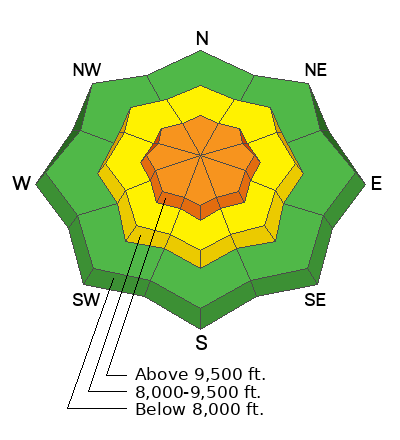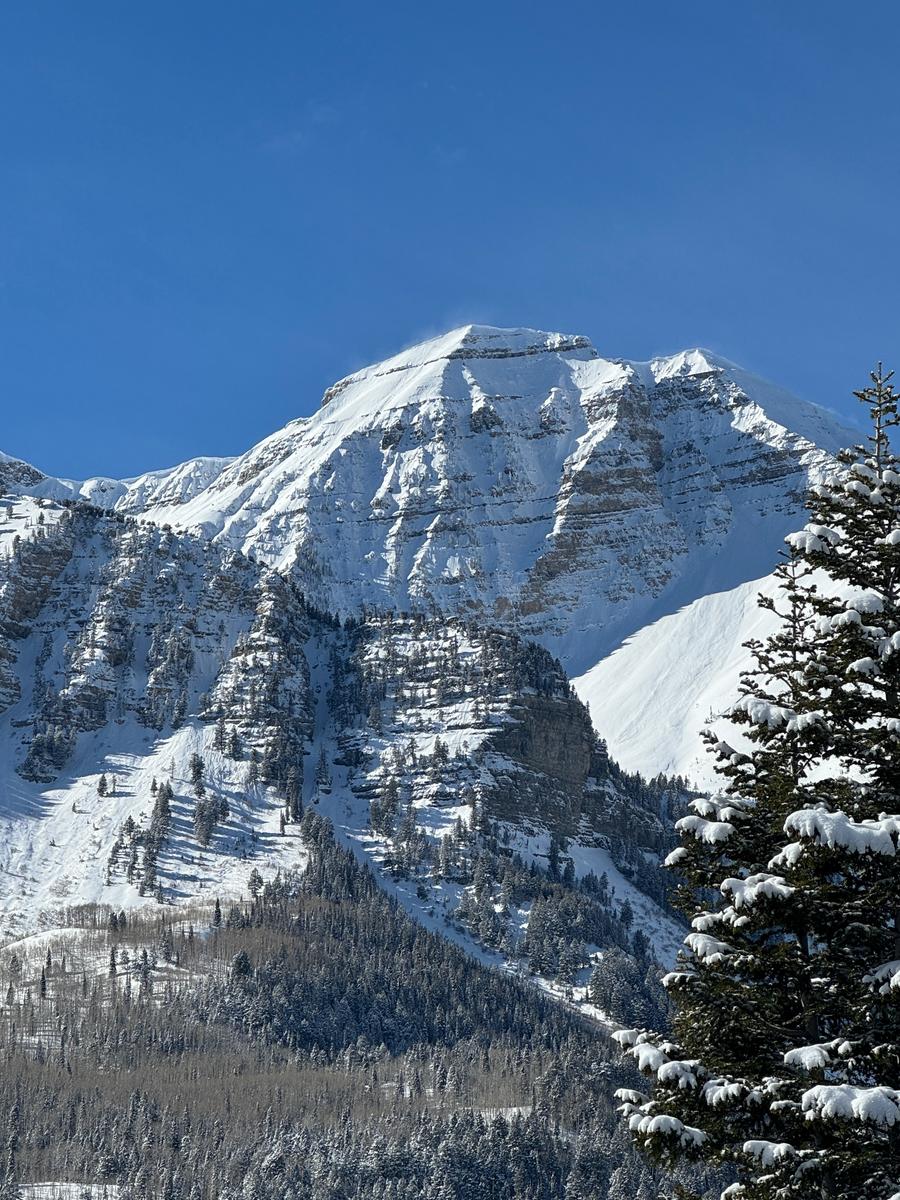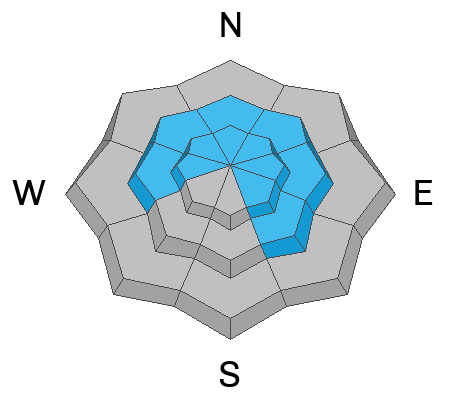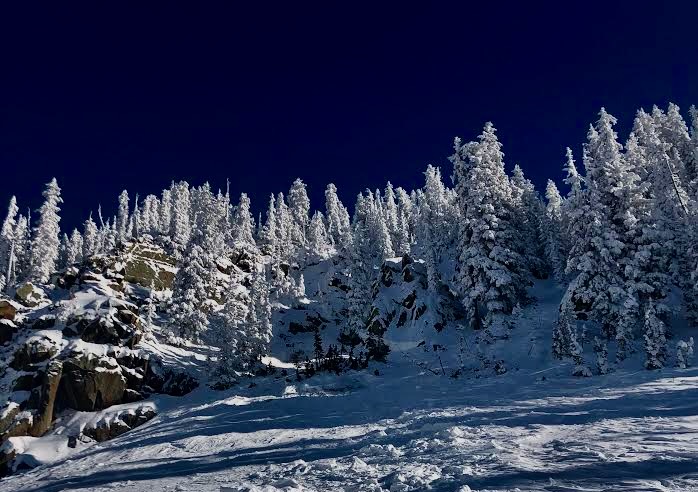Forecast for the Provo Area Mountains

Issued by Dave Kelly on
Monday morning, February 5, 2024
Monday morning, February 5, 2024
The avalanche danger is CONSIDERABLE at the upper elevations where humans are likely to trigger wind-drifted snow avalanches; these avalanches could step down to the buried Persistent Weak Layer. The avalanche danger is MODERATE at mid-elevations where human triggered avalanches are possible. There is a LOW danger at low elevations.
If you trigger an avalanche into the buried Persistent Weak Layer, it could break 3'-5' deep and well over a 100' wide failing on a weak layer of facets buried near the ground.
If you trigger an avalanche into the buried Persistent Weak Layer, it could break 3'-5' deep and well over a 100' wide failing on a weak layer of facets buried near the ground.

Low
Moderate
Considerable
High
Extreme
Learn how to read the forecast here










